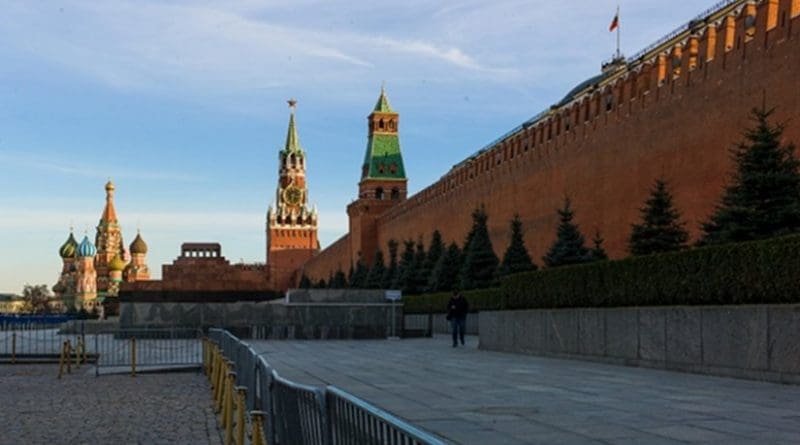Moscow’s Call For Central Control Over All Muslim Communities Denounced As Dangerous – OpEd
By Paul Goble
A call by Igor Barinov, head of the Federal Agency for Nationality Affairs (FADN), to “forcibly” put all Muslim communities and mosques under the central control of Moscow has been denounced by experts on the North Caucasus as a move that not only will provoke violence but also contribute to the spread of Islamist extremism.
Barinov spoke twice to a regional meeting in Pyatigorsk last week. In his first address, he said that FADN has now set as its task ensuring that “all cult buildings are required to reregister with centralized muftiates” so as to isolate independent ones that in his opinion are “often preparing future radicals” (kavpolit.com/articles/spory_o_mechetjah_i_vojne-30097/).
According to Anton Chablin of Kavkazskaya politika, his suggestion “was actively discussed in the corridors” where “activists who had come from Daghestan and Ingushetia predicted that an attempt to ‘centralize’ all Muslims in their republics would involve an enormous number of conflicts between Sufis and Salafis.”
Unfortunately, those expressing that opinion on the sidelines of the Fourth Russian Caucasus conference were not in a position to express the same views from the podium and thus allow Barinov to see very clearly how much or how little support there is for what he is proposing to do.
On the second day of the meeting, Barinov delivered another address, one in which he admitted that “today, despite all the efforts of the federal authorities, there are problem areas in every republic” in the North Caucasus involving militants, their defeat and their reintegration into society.
According to him, “almost all contemporary conflicts are one way or another connected with the redistribution of land,” but, he added, “this is only the tip of the iceberg: the real cause is corruption, the role of ethnic clans in the republic governments, and the criminalization of the regional authorities.”
These problems, Barinov continued, typically have taken on a “religious-ethnic” dimension and have sparked an exodus of the Russian-speaking population. He said that he would “concentrate all efforts of FADN to block this outflow” in the future.
Apparently, many of the independent experts at the meeting but few of the officials disagreed with the FADN head. The latter almost without exception declared that in their respective republics things were good and would get even better. But there was one notable exception: Ramazan Abdulatipov, the head of Daghestan.
He sharply criticized the “main ‘child’ of FADN” – plans to adopt a new federal law on the Russian nation, and he said that Moscow had failed to recognize that his republic and by implication others were doing the best they could in what are difficult economic times for which they are not responsible.

